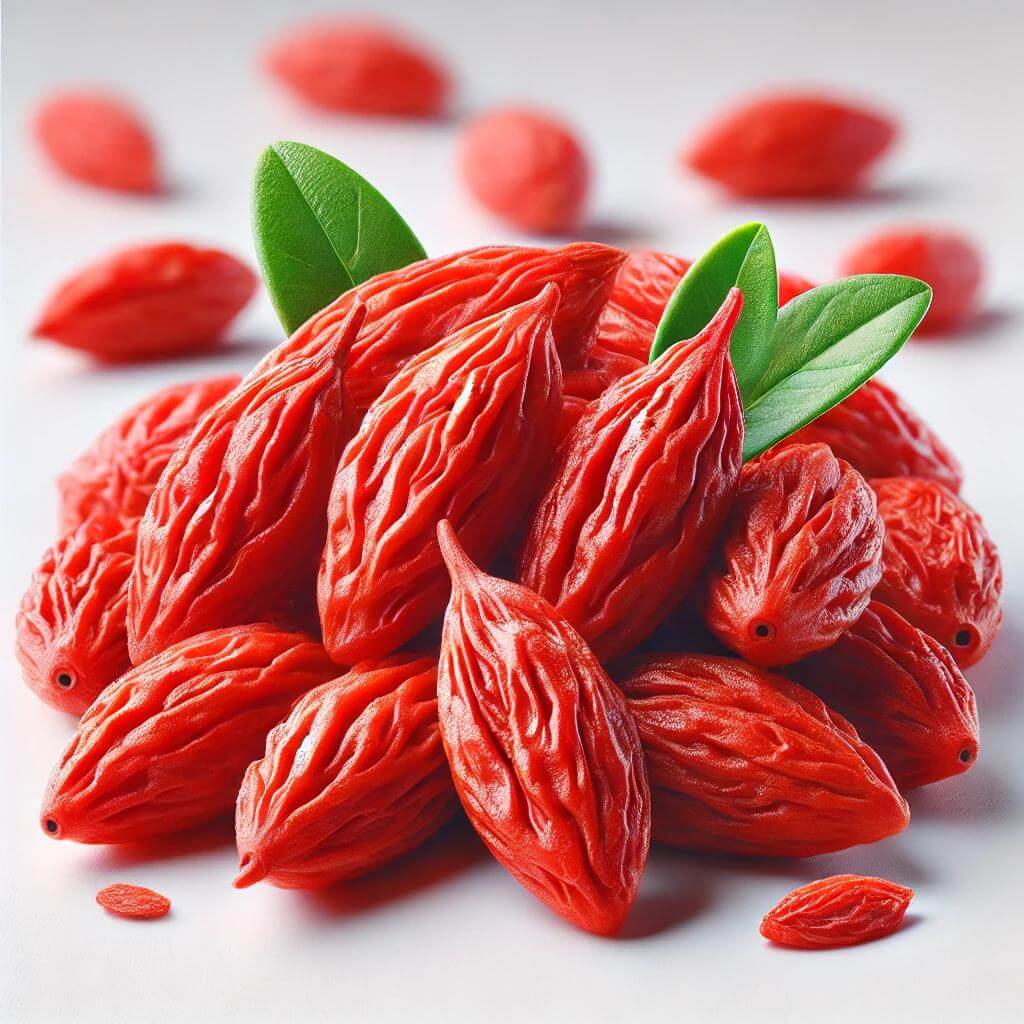Moringa: Unlock the Power of This Superfood
Moringa, often referred to as the “Miracle Tree” or “Drumstick Tree,” is a plant native to parts of Africa and Asia. Every part of this versatile tree—from its leaves to its seeds—has been used for centuries in traditional medicine and as a food source. Moringa is gaining recognition globally due to its incredible nutrient profile and numerous health benefits, making it a true superfood.
Health Benefits of Moringa
Moringa is packed with nutrients, antioxidants, and bioactive compounds that contribute to its powerful health benefits. Let’s explore these in detail:
1. Rich Source of Nutrients
Moringa leaves are incredibly nutrient-dense, providing a wide range of essential vitamins and minerals:
- Vitamins: Moringa is particularly high in vitamins A, C, and E. Vitamin A supports vision and immune function, vitamin C boosts the immune system and promotes skin health, and vitamin E acts as a powerful antioxidant.
- Minerals: It contains significant amounts of calcium, potassium, iron, and magnesium. These minerals are crucial for bone health, muscle function, and energy production.
- Proteins: Moringa is an excellent source of plant-based protein, containing all nine essential amino acids that the body needs but cannot produce on its own.
2. Antioxidant Powerhouse
Moringa is rich in antioxidants, which protect the body from oxidative stress and reduce inflammation. Key antioxidants found in moringa include:
- Quercetin: A potent antioxidant that helps lower blood pressure.
- Chlorogenic Acid: Known for its ability to regulate blood sugar levels and aid in weight management.
- Vitamin C and E: These vitamins play a crucial role in neutralizing free radicals and reducing the risk of chronic diseases.
3. Supports Heart Health
The nutrient composition of moringa, particularly its high antioxidant content and potassium levels, contributes to cardiovascular health. Moringa can help:
- Lower Cholesterol: Studies have shown that moringa can reduce levels of LDL cholesterol, which is associated with heart disease.
- Regulate Blood Pressure: The potassium content in moringa aids in maintaining healthy blood pressure levels, while quercetin helps in reducing inflammation and vascular stress.
4. Boosts Immune System
Moringa’s high concentration of vitamins A and C, along with other essential nutrients, strengthens the immune system, helping the body fight off infections and diseases more effectively.
5. Enhances Skin Health
Thanks to its rich content of antioxidants and vitamins, moringa is excellent for skin health. It helps:
- Reduce Wrinkles and Fine Lines: The antioxidants in moringa fight free radicals that cause skin aging.
- Treat Skin Conditions: Moringa oil is often used to treat conditions like acne and eczema due to its anti-inflammatory properties.
6. Anti-Inflammatory Effects
Moringa contains isothiocyanates, flavonoids, and phenolic acids, which are known for their anti-inflammatory properties. Regular consumption of moringa can help reduce inflammation in the body, which is a root cause of many chronic conditions.
7. Supports Brain Health
The antioxidants and high levels of vitamins E and C in moringa may help support brain health and cognitive function. These nutrients combat oxidative stress in the brain, which is linked to conditions like Alzheimer’s disease.
8. Aids in Digestion
Moringa is known to improve digestive health by:
- Detoxifying the Body: Moringa leaves have detoxifying properties, helping to cleanse the body from toxins.
- Improving Gut Health: It is rich in fiber, which aids in digestion and helps maintain a healthy gut microbiome.
How to Incorporate Moringa into Your Daily Diet
Moringa is versatile and can be easily integrated into your daily meals. Here are some suggestions:
1. Moringa Powder
- Smoothies: Add a teaspoon of moringa powder to your morning smoothie for an instant nutrient boost.
- Baking: Incorporate moringa powder into bread, muffins, or pancake batter for a healthy twist.
- Teas: Brew moringa powder with hot water to create a nutritious tea.
2. Fresh Moringa Leaves
- Salads: Use fresh moringa leaves as a base or add them to your salads for a nutrient-rich meal.
- Soups and Stews: Stir moringa leaves into soups, stews, or curries to enhance the flavor and nutrition.
3. Moringa Oil
- Cooking: Use moringa oil in place of your regular cooking oil for sautéing vegetables or as a dressing for salads.
- Skin Care: Apply moringa oil directly to your skin for moisturizing and treating skin conditions.
Disadvantages of Moringa
While moringa offers numerous health benefits, there are some considerations to keep in mind:
1. Potential Digestive Issues
Consuming large amounts of moringa, especially in powder form, may cause digestive issues such as diarrhea or stomach cramps. It’s advisable to start with small amounts and gradually increase your intake.
2. Interference with Medications
Moringa may interact with certain medications, particularly those for blood pressure and diabetes. It’s important to consult with a healthcare professional before adding moringa to your diet if you are on any medications.
3. Pregnancy and Breastfeeding
While moringa leaves are generally considered safe, the roots and bark should be avoided during pregnancy as they may contain substances that can cause uterine contractions.
Nutritional Values of Moringa (per 100g)
| Nutrient | Amount |
|---|---|
| Calories | 64 kcal |
| Protein | 9.4 g |
| Fat | 1.4 g |
| Carbohydrates | 8.3 g |
| Fiber | 2.0 g |
| Vitamin A | 7564 IU |
| Vitamin C | 51.7 mg |
| Calcium | 185 mg |
| Iron | 4.0 mg |
| Potassium | 337 mg |
| Magnesium | 42 mg |
Conclusion
Moringa is a powerhouse of nutrients that offers a wide range of health benefits, from boosting the immune system to improving skin health and supporting heart and brain function. Its versatility allows it to be easily incorporated into your daily diet, whether through powders, fresh leaves, or oil. However, it’s important to consume moringa in moderation and be aware of potential interactions with medications. With its impressive nutrient profile and medicinal properties, moringa truly deserves its status as a superfood.
*Disclaimer: The information provided in this article is for educational and informational purposes only and should not be construed as health advice. The content is solely the personal opinion of the author and is not intended to be a substitute for professional medical advice, diagnosis, or treatment. Always seek the advice of your physician or other qualified health provider with any questions you may have regarding a medical condition or before starting any new diet or treatment. Read more




Post Comment